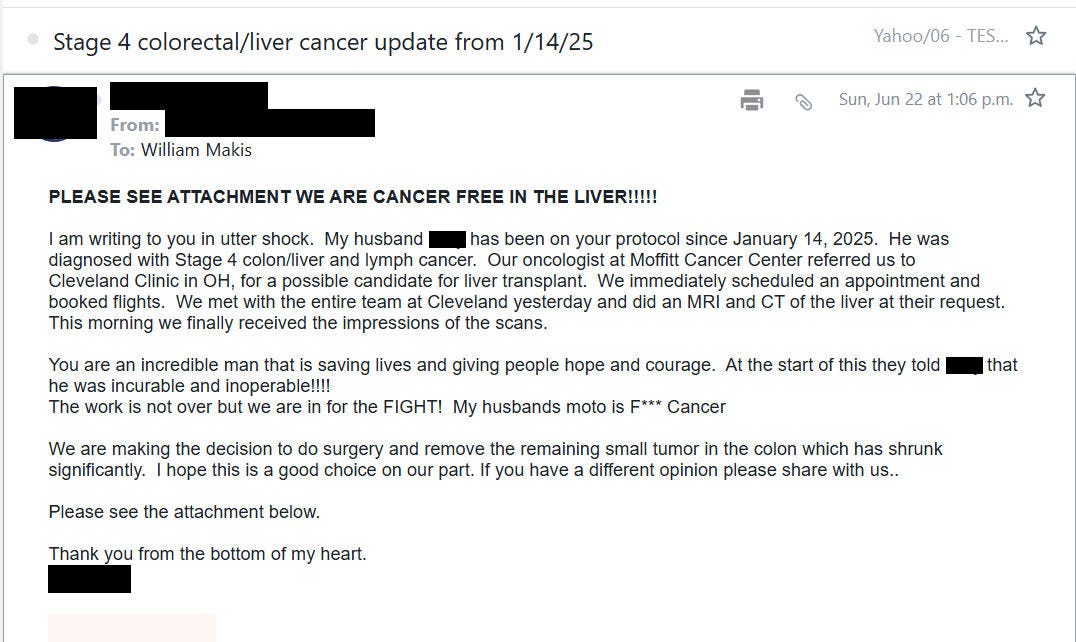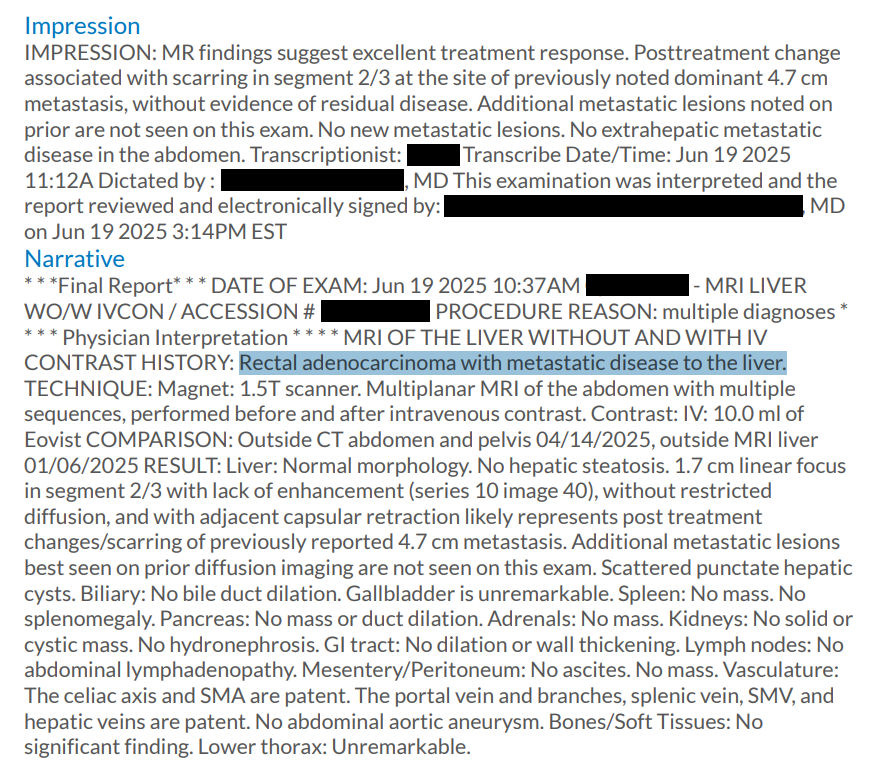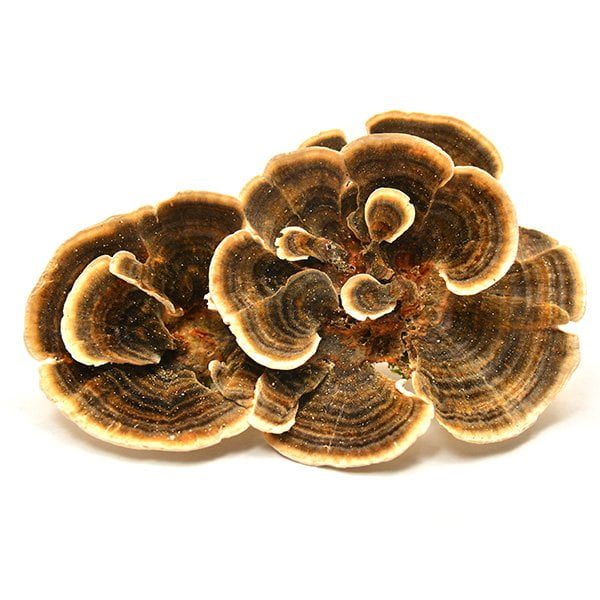IVERMECTIN and FENBENDAZOLE Testimonial - 57 year old Florida man with Stage 4 Rectal Cancer to liver (post 2 Pfizer COVID-19 Vaccines) reports after 5 months: 100% resolution of liver metastases


My Take (Dr Makis)…
57 year old Florida man with Stage 4 Rectal Cancer to liver (post 2 Pfizer COVID-19 Vaccines)
In Mid Jan.2025 we started:
Ivermectin 1.5mg/kg/day
Fenbendazole 1000mg/day
CBD Oil 100mg/day
Results (after 5 months)
Liver metastases (largest 4.7cm) resolved completely (100% resolution) !!
Follow Dr Makis for more ground breaking Ivermectin & Fenbendazole revellations in Substack:
https://open.substack.com/pub/makismd/p/ivermectin-and-fenbendazole-testimonial-93a?r=4khu5q&utm_campaign=post&utm_medium=email

Welcome to PSK-PSP.com. We aim to find out about the distinct characteristics of two mushroom polysaccharides: PSK (Polysaccharide Krestin) and PSP (Polysaccharopeptide). What differentiates these compounds from other mushroom-derived polysaccharides? We examine the unique qualities that have established their reputation as significant contributors to health and wellness.
Beyond Common Polysaccharides: While many mushroom polysaccharides offer notable health benefits, PSK and PSP stand out due to their unique structures and compositions, which enable specialized health-promoting properties that distinguish them from other varieties.
A Legacy of Tradition and Scientific Validation: Both PSK and PSP have a long-standing presence in traditional Asian medicine, enhanced by extensive scientific research that supports their effectiveness. These studies enhance their unique position within the sphere of mushroom-derived compounds.
Immunomodulatory Benefits: One of the distinguishing attributes of PSK and PSP is their ability to modulate immune function. These polysaccharides are known for enhancing immune response and creating a balanced, resilient defense system, setting them apart from other compounds in the mushroom family.
Expanding Health Horizons: The specific properties of PSK and PSP extend beyond the typical scope of mushroom polysaccharides, opening up unique possibilities for health support—from immune enhancement to potential applications in integrative cancer care.
Understanding the Benefits of PSK and PSP: Explore the distinctive advantages that PSK and PSP offer, from supporting overall health to their potential therapeutic roles. At PSK-PSP.com, we have collated a number of scientific studies and clinical trials to highlight the potential benefits of PSK and PSP.
Polysaccharide-Krestin (PSK) and Polysaccharopeptide (PSP) are prominent fungal polysaccharide–protein complexes derived from Coriolus versicolor mycelia, known for their therapeutic value. These compounds have been utilized in the treatment of infectious diseases and cancer.
PSK, also called Krestin, is a unique protein-bound polysaccharide that has served as a chemoimmunotherapy agent in cancer treatment across Asia for over 30 years. Both PSK and PSP are protein-bound polysaccharides derived from the CM-101 and COV-1 strains of the Coriolus versicolor fungus by Japanese and Chinese researchers, respectively.
While both have demonstrated anticancer activity in laboratory, animal, and clinical studies, PSK, having undergone more extended research, exhibits potential as an adjuvant cancer therapy agent. Numerous clinical trials support the positive outcomes of PSK in the adjuvant treatment of gastric, esophageal, colorectal, breast, and lung cancers. These compounds, discovered for their strong immunological values, present no known side effects in cancer treatment.
Polysaccharide Krestin (PSK) is one of the most commonly used mushroom extracts.
It was approved as a prescription drug for the treatment of cancer in Japan in 1977. By 1987, PSK accounted for more than 25% of total national expenditure for anticancer agents in Japan.